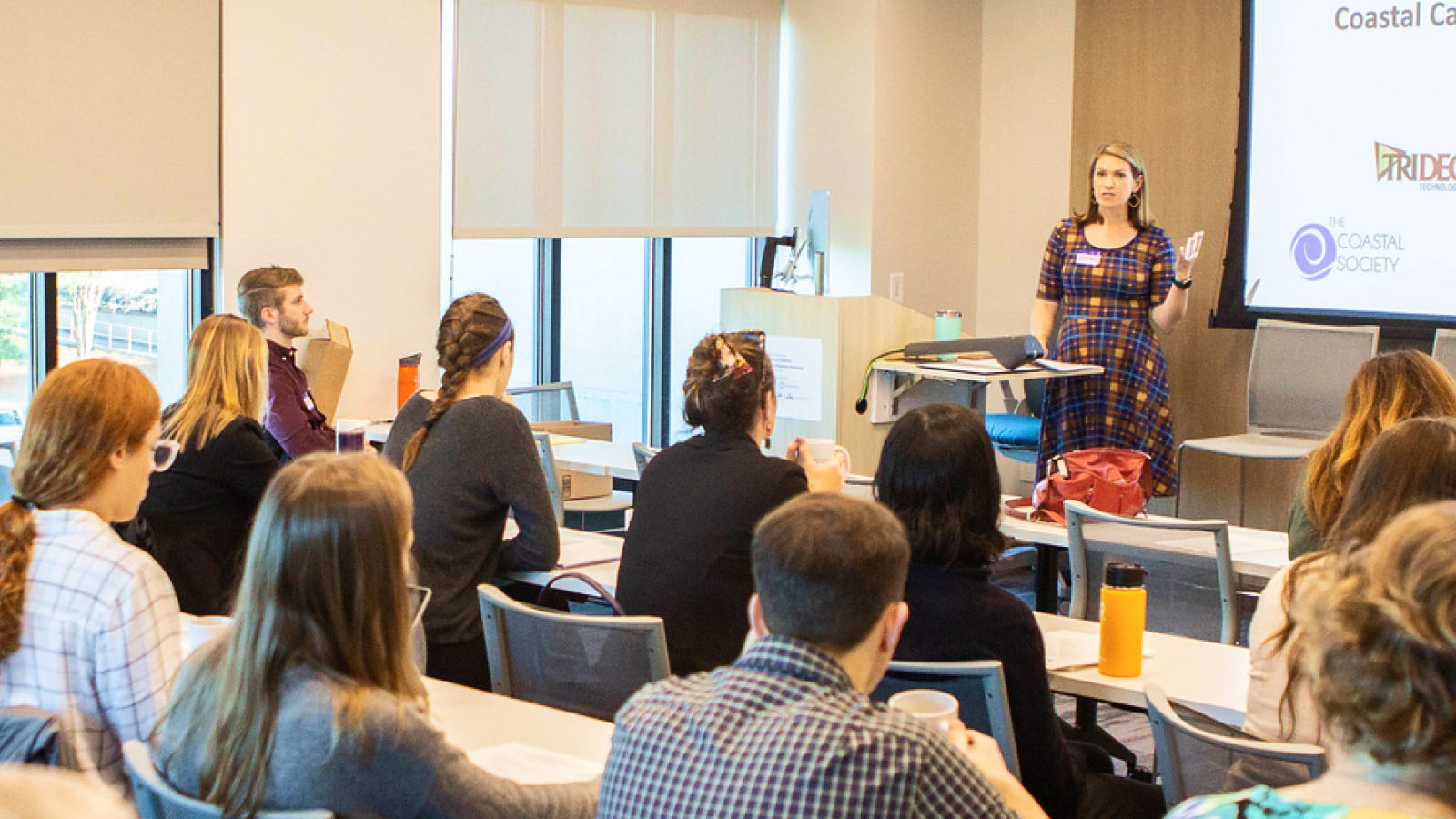Overview
Understanding risk is a key component for initiatives focused on helping communities prepare for and respond to weather and climate hazards. This interactive webinar introduces participants to seven best practices, numerous techniques, and examples for communicating about coastal hazards. Whether beginning a new effort or trying to keep people motivated to better prepare for future hazards, applying risk communication principles will lead to more effective results. Please note that this training focuses on improving risk communication skills for coastal hazards planning and preparedness, not crisis communication.
To host this virtual course, contact us at ocm.tms@noaa.gov.
Learning Outcomes
- Apply seven risk communication best practices and techniques
- Use the fundamentals of behavior change to improve communication
- Adapt successful strategies from case studies of peers who have applied these best practices and techniques
Details
Participant Requirements
- Internet connection
- Headset, or speakers and a microphone
- Access to Google Meet
Professional Credit
American Institute of Certified Planners – 1.5 hours
Association of State Floodplain Managers – 1 hour
Additional Information
- If you are unable to attend our live webinar, we also provide an on-demand version of Seven Best Practices for Risk Communication (Self-guided Module) that you can take anytime.
Seven Best Practices for Risk Communication
- Host Information
- Where and When?
- Review
